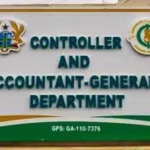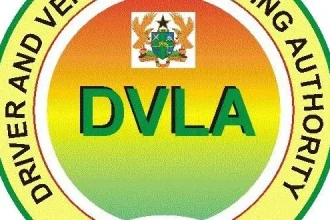The Minority Leader in Parliament, Dr Cassiel Ato Forson, has stated that the Bank of Ghana(BoG) cannot by itself write off government debt without parliamentary approval.
Dr Ato Forson believes that the government has forced the central bank to write off government debt without seeking parliamentary approval.
In his presentation of the minority’s response to the 2023 mid-year budget review, Dr Ato Forson raised concerns over the central bank and the executive arm of the government writing off nearly GH₵48.4 billion of government debt owed to the Bank of Ghana without seeking the necessary parliamentary approval.
He believes that the entire government of Ghana’s debt restructuring programme should be subjected to parliamentary scrutiny.
He added that any significant government debt and financial decisions should be presented to lawmakers for proper examination.
He claimed the government had successfully collapsed all state-owned enterprises and institutions, adding, “The almighty Bank of Ghana is now bankrupt with negative equity of over GH₵55 billion and counting that will require the taxpayer to recapitalise it”.
“ECG, GIHOC Distilleries, NEDCo, GRIDCo, Buffer Stock Company, Ghana Publishing Company, Ghana Railways, STC, Ghana Airport Company Limited, all ‘yaamutu’ (all not fully working). What a corner you have turned, Mr Minister,” the Minority Leader mocked.
Dr Ato Forson continued, “How could you claim to have turned a corner when GDP growth has been revised from 2.8% to 1.5%, current net international reserves is about 1 week of import cover, and it is projected to be aboutthree3 weeks (0.8 months) of import cover by the end of the year 2023 even with IMF cash”?
He said the Finance Minister’s claim that the government has “turned a corner” in its economic management does not add up, quizzing further, “How could you claim to have turned a corner when inflation is currently 42.5% and rising and projected to be 31.3% by the end of the year, when monetary policy is 30% and rising, and commercial bank lending rate is 36% and rising”?















